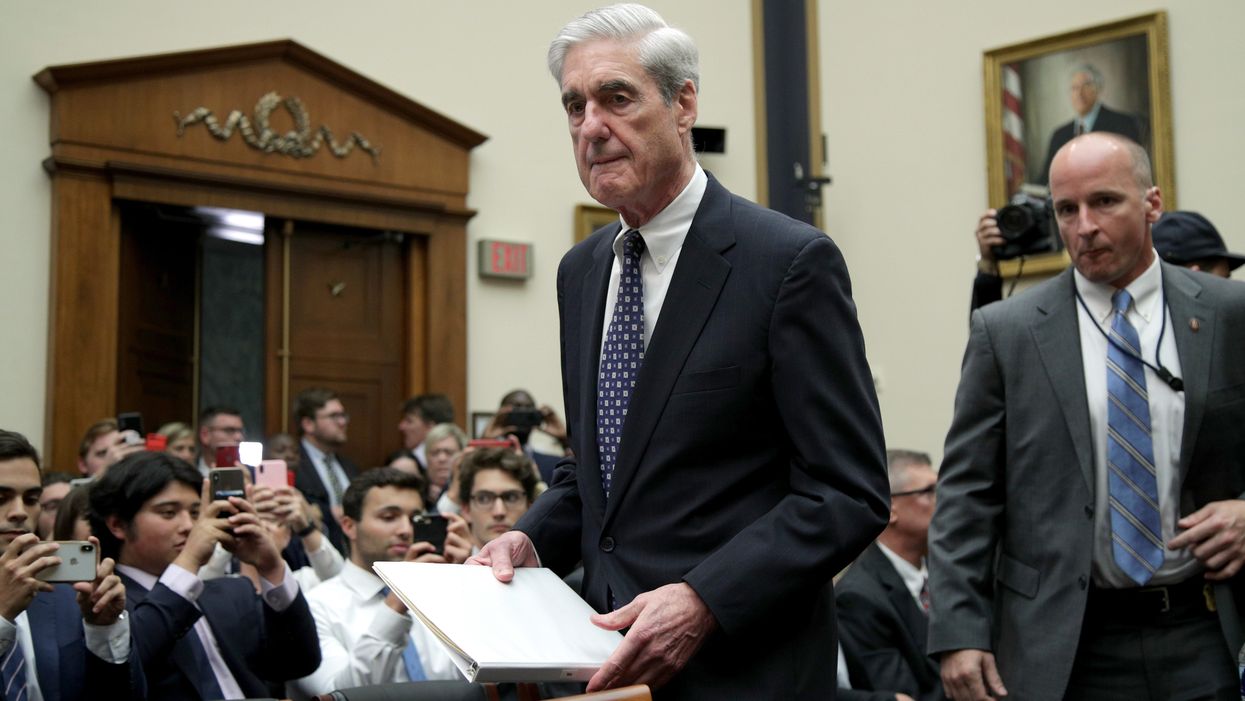
Alex Wong/Getty Images

Republicans accused Mueller of 'perpetuating injustice;' Democrats tried to get him to incriminate President Trump
Former special counsel Robert Mueller's testimony before Congress on Wednesday offered few, if any new details.
Republicans were quick to criticize Mueller and his report, while Democrats tried to get him to say things that they believed would be politically damaging to President Donald Trump. Mueller, as he had stated beforehand, refused to budge outside the details he had already laid out in his report.
Below are some of the more noteworthy moments from that hearing.
"You managed to violate every principle and the most sacred traditions about prosecutors — not offering extra prosecutorial analysis about potential crimes that aren't charged," Rep. John Ratcliffe (R-Texas) said. "So, Americans need to know this, as they listen to the Democrats and socialists on the other side of the aisle as they do dramatic readings from this report, that volume two of this report was not authorized."
While volume one of the report focused on Mueller's investigation into potential collusion between the Trump campaign and Russia, volume two looked into whether or not Trump tried to obstruct Mueller's investigation.
However, as Rep. Ratcliffe noted, the U.S. justice system is based on a concept of innocent until proven guilty, and the Justice Department is not meant to determine that "an investigated person was not exonerated because their innocence was not conclusively determined."
Rep. Zoe Lofgren (D-Calif.) asked Mueller which 2016 candidate's victory would be more of a benefit to the Russian government.
"Well, it would be Trimp — Trump," Mueller responded.
After asking Mueller when he learned that FBI agent Peter Strzok was outspoken in his hatred of Trump (Mueller insisted, as he has in the past, that it was shortly before he reassigned Strzok for this very reason), Rep. Louie Gohmert (R-Texas) turned to Mueller's assertion that Trump had tried to obstruct the Russia investigation.
"If somebody knows that they did not conspire with anybody from Russia to affect the election," Gohmert said, his voice rising. "And they see the big Justice Department, with people that hate that person, coming after them. And then a special counsel appointed who hires a dozen or more people that hate that person. And he knows he's innocent. He's not corruptly acting in order to see that justice is done. What he's doing is not obstructing justice. He is pursuing justice, and the fact that you ran it out two years means that you perpetuated injustice."